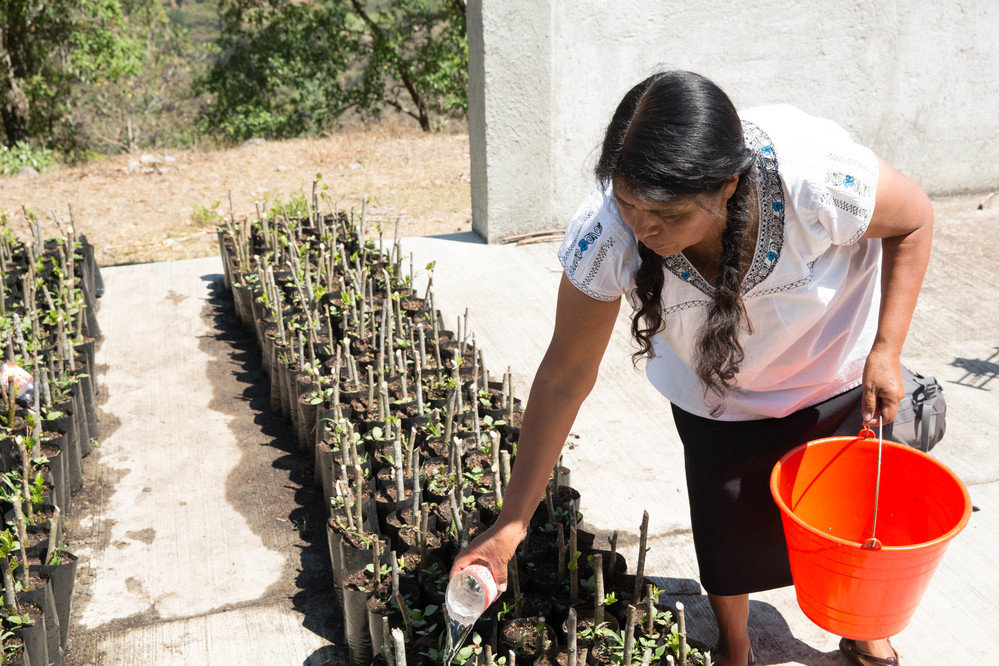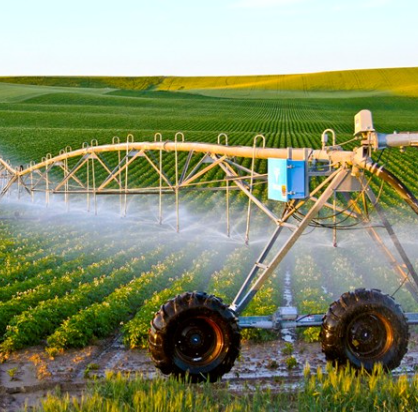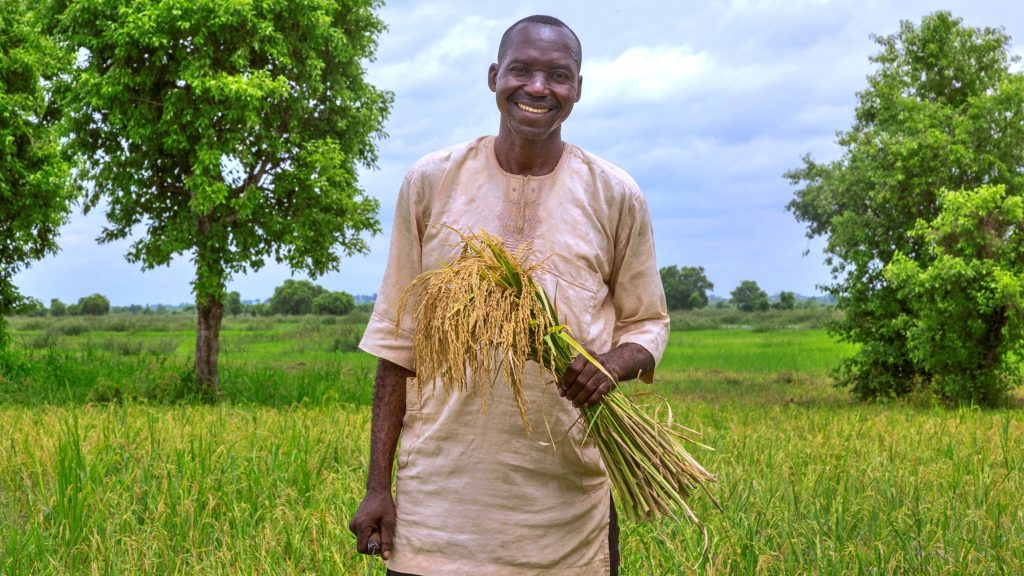The first regional microfinance loan fund for climate change adaptation will go to rural areas of Mexico, Ecuador, Peru, and Central American countries.

Photo: IFAD/Carla Francescutti
IDB Lab, the innovation laboratory of the Inter-American Development Bank (IDB), has participated in the creation of a pioneering fund to provide microfinance loans for climate change adaptation to small farmers in Latin America.
Accompanied by a technical assistance facility, it seeks to alleviate the effects of rising temperatures and extreme weather events, which are becoming increasingly frequent, affecting their agricultural activities and productivity and threatening livelihoods of small farmers.
The Small Farmers Climate Change Adaptation Fund (SMAF) will be endowed with a total of $30 million in loans and $2 million in technical assistance for microfinance institutions and farmers.
IDB Lab and the Green Climate Fund (GCF) will contribute $4.4 million to support 20,000 small farmers who are dedicated to agriculture, a sector of the economy often overlooked by financial institutions. Of this amount, $400,000 will be earmarked for the technical assistance component.
This unprecedented innovation initiative for inclusion “of the region and for the region” combines financing, smart measures for adaptation to climate change, and training for farmers. The SMAF seeks to increase productivity, income, and improve the quality of life of the beneficiaries while helping the environment with the introduction of sustainable agriculture techniques on small farms.
Among the most effective adaptation techniques to combat climate change are water reserves, retaining walls, irrigation systems, infiltration ditches, organic fertilizers, and greenhouses, among others. All of them have a direct impact on farm productivity and can help alleviate some of the negative consequences of climate change, such as the loss of crops and animals after heat waves and alternate periods of drought and rain.
In line with the IDB Group’s Vision 2025, which outlines the strategy to advance along the path of recovery in Latin America and the Caribbean, the fund has positive impacts in terms of gender and diversity. After the migration of many men to urban centers in search of greater income opportunities, the responsibility for carrying out agricultural production falls in many cases, on women. In addition, indigenous communities prevail in many of the SMAF’s areas of activity.
The fund is administered by Add-Value Management, a company founded to design, structure, and manage the SMAF, which designed the fund’s strategy in collaboration with the Alliance Bioversity International – CIAT and the CGIAR Research Program on Climate Change, Agriculture and Food Security (CCAFS).
This article was originally published by IDB Lab.

